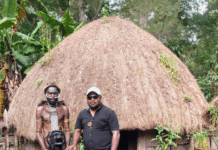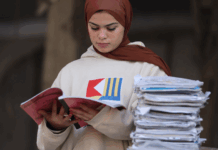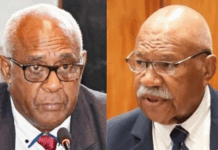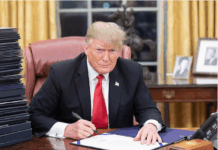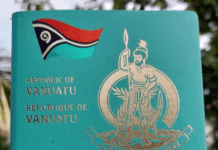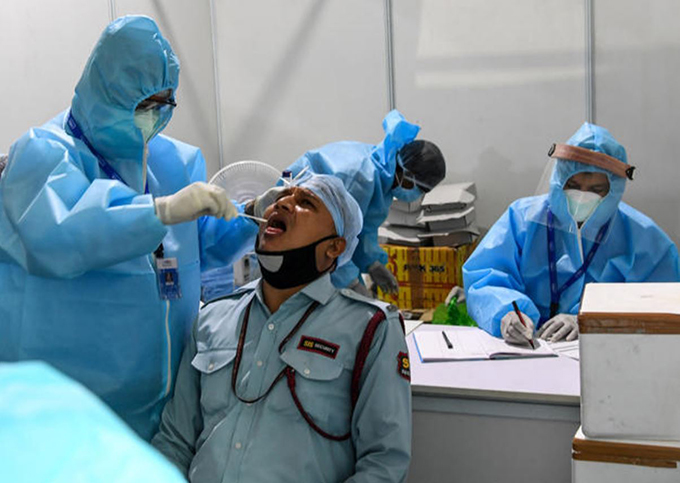
By Charlotte Cook, RNZ News journalist
New Zealand health authorities have reported a surge in the number of people returning to the country from India who have tested positive for the covid-19 coronavirus.
It comes at the same time India has overtaken Brazil to become the second worst-covid hit country.
In the last fortnight, 26 people have tested positive after returning to New Zealand from India, 20 of them from one flight alone.
Travel to and from India was largely impossible early in the global pandemic but a recent return of flights has contributed to a rise in the number of imported covid cases here.
The flights landed in New Zealand on August 23 and 27 – landing in Christchurch with a stopover in Fiji.
Since their arrival, 26 people in managed isolation and quarantine have tested positive after they travelled from India.
Of these, 20 are from the first flight six from the second.
Children contracted virus
These cases included people, particularly children, who had contracted the virus from other family members.
Six of the current cases in managed isolation and quarantine connected to India are children.
Economist and epidemiologist Dr Ramanan Laxminarayan said that with the lockdown measures removed, Indian cases were on an upward trajectory.
“The low amounts of testing are no longer a problem just for counting cases, because no one is really keeping track of these reported infections,” he said.
“If you don’t test, then people don’t know that they are covid-positive and then they are transmitting the infection to people and their families, and workplaces.”
Dr Ramanan Laxminarayan said a lack of testing meant positive cases were likely being under-reported and the real tally could be 50 to 100 times more.
India has had 4.2 million reported cases and more than 71,000 deaths.
Quarantine required
Rohit Sharma recently returned from India and told RNZ First Up all passengers had to return a negative result before boarding.
“All of us, no matter where we are living in India, we have to do quarantine in New Delhi in a designated hotel by the Fiji High Commission.
“In that hotel we had a covid test on day 3 – we can only board that flight if we have a negative Covid test.”
Sharma said they also spent two weeks in quarantine in New Delhi before flying out.
His flight transited through Fiji, causing a scare in the Pacific nation.
But Fiji’s Secretary of Health James Fong said there was no threat to the community because the Christchurch-bound passengers did not leave the terminal in Nadi.
“We noted that several recent cases confirmed at the New Zealand border in Christchurch to have transited through Fiji while travelling from India.
“We want to assure the public that these individuals did not contact nor did they transmit the virus while in Fiji.
“They landed in Fiji, they spent 30 minutes in the Nadi Airport transit area, interacted with no one and then they transited to New Zealand,” he said.
Since August 28, five recent travellers have tested positive after arriving from places other than India.
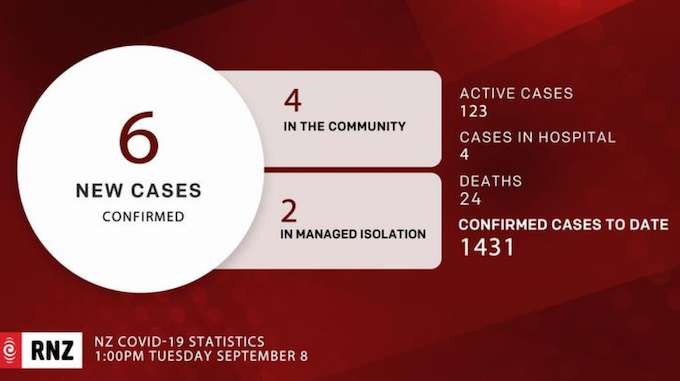
New Zealand health officials announced six new cases of covid-19 today – four in the community and two in managed isolation, reports RNZ News.
In a statement, the Ministry of Health said one of the imported cases was a man in his 20s who arrived from the Philippines on 3 September and was at a managed isolation facility when he tested positive on day 3 of his stay.
The other was a female in her late teens who arrived on the same flight from the Philippines and also tested positive on day three, the statement said.
The four new cases in the community were all linked to the Mt Roskill Evangelical Fellowship Church group within the Auckland August cluster. The ministry said the Auckland Regional Public Health was actively tracing and testing their contacts.
“Since August 11, our contact tracing team has identified 3274 close contacts of cases, of which 3,228 have been contacted and are self-isolating, and we are in the process of contacting the rest,” the ministry said.
Yesterday four new cases of of Covid-19 were reported in New Zealand, two in the community and two in managed isolation.
This article is republished by the Pacific Media Centre under a partnership agreement with RNZ.


